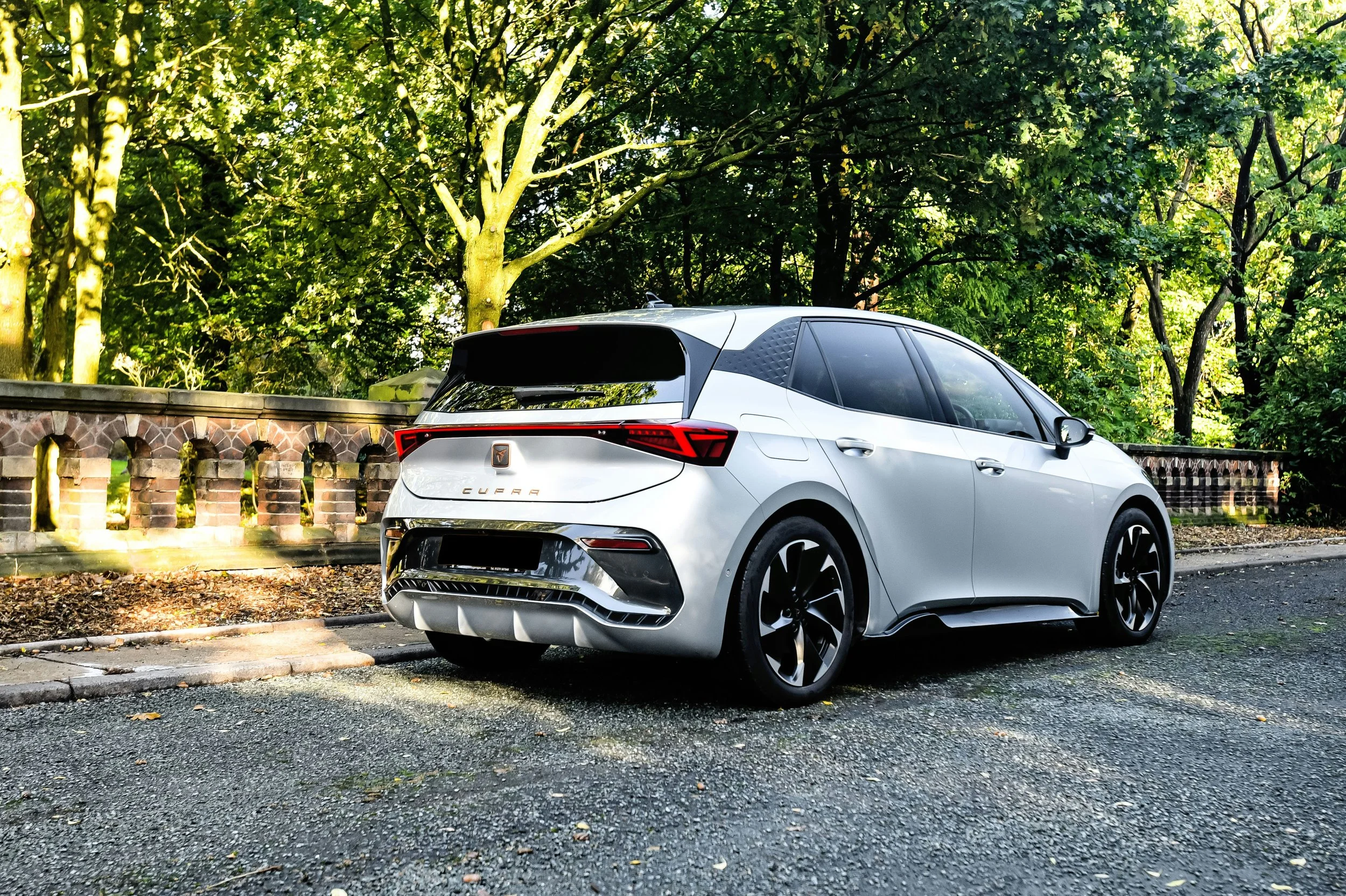Small Business Guide to Company Cars
If you run a limited company, you might be wondering whether it makes sense to get a company car. It can be an attractive option – but it comes with tax rules and financial considerations that you’ll need to understand.
In this guide, we’ll break things down into clear, practical steps so you can decide if a company car is right for your business.
What is a company car?
A company car is a vehicle provided by your limited company that you (and possibly your employees) can use for business purposes. Some directors also choose to use the car privately, which can change the way HMRC taxes it.
Business benefits of a company car
Convenience – the business owns or leases the vehicle, so you don’t have to worry about funding it personally.
Professional image – helpful if you visit clients or suppliers regularly.
Tax-deductible costs – running costs such as insurance, servicing, and road tax are paid by the business and can reduce taxable profits.
Simpler cashflow – spreading the cost through a lease agreement can be easier than purchasing outright.
The tax considerations
When a company car is available for private use, it’s considered a Benefit in Kind (BIK). This means you’ll pay personal tax on it, and your company will pay employer National Insurance on the benefit.
The amount depends on:
The car’s list price (not what you actually paid).
Its CO2 emissions.
The type of fuel (electric, hybrid, diesel, petrol).
👉 Low and zero-emission cars usually mean much lower BIK tax, making electric cars especially attractive right now.
Employer taxes
On top of the Benefit in Kind, your company must also pay Class 1A National Insurance on the value of the benefit. This is an extra cost for the business, so it’s important to factor it into your decision.
Should you buy or lease?
Buying: The company owns the car outright, but upfront costs are higher. You may also be able to claim capital allowances.
Leasing: A predictable monthly cost, often with maintenance included. For many small businesses, leasing keeps things simple and cash-friendly.
Worked example: Electric vs Petrol (2025/26)
Let’s say your company is considering two cars:
Petrol car – list price £30,000, CO2 emissions 130g/km (BIK rate 32%).
Electric car – list price £30,000, zero emissions (BIK rate 3%).
Petrol car:
Taxable benefit = £30,000 × 32% = £9,600.
If you’re a basic rate taxpayer (20%), that’s £1,920 personal tax a year.
The company also pays Class 1A NI at 13.8% = £1,325 employer NI.
Electric car:
Taxable benefit = £30,000 × 3% = £900.
At 20% tax, that’s just £180 personal tax a year.
Employer NI = 13.8% of £900 = £124.
👉 Even with the updated rates, the electric car is still far more tax-efficient, saving both you and your company well over £2,900 per year compared to the petrol option.
Alternatives to a company car
Sometimes, a company car isn’t the most tax-efficient choice. You could consider:
Paying mileage allowance if you use your personal car for business.
Salary sacrifice schemes for electric cars.
Short-term hire if you only need a vehicle occasionally.
Is a company car right for you?
The right decision depends on your business setup, how much you’ll use the car, and the type of vehicle you choose. Electric cars are currently very tax-efficient, but every situation is different.
💡 Tip: Before committing, always run the numbers with your accountant. They’ll be able to compare costs and help you choose the best option for your company.
How PJE can help
At PJE Accountants and Advisors, we work with limited company directors across the UK to make sure they’re making the most tax-efficient decisions. Whether you’re thinking about a company car, managing expenses, or planning for growth – we’ll guide you through the options.
Posted - 13 October 2025
👉 Ready to chat? Book a free consultation with our team:






